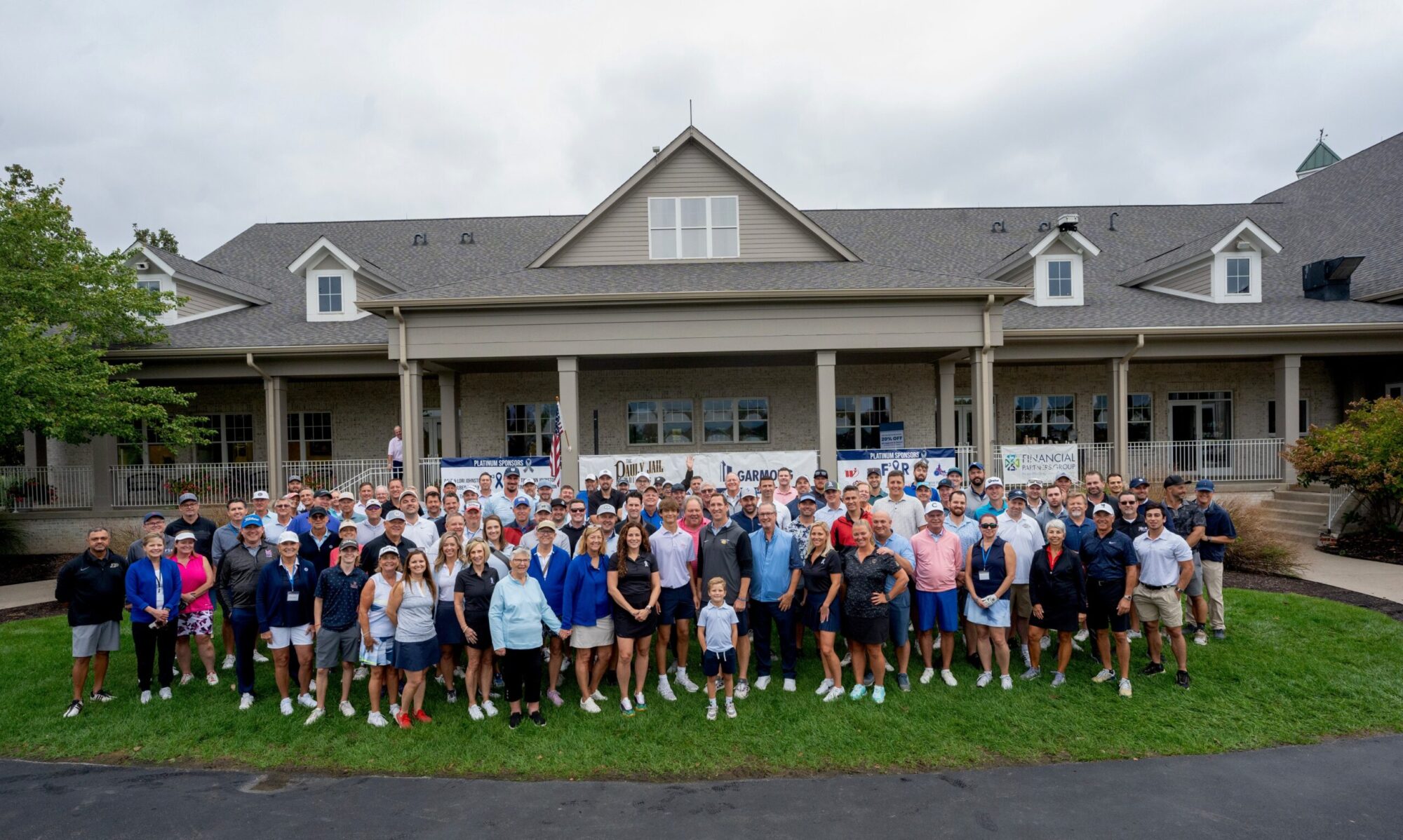Typically, doctors choose cancer drugs based on the type of cancer – like breast or lung – and the stage of the cancer. Precision medicine takes a different approach with drug selection based very specifically on what a tumor sample analysis shows is driving an individual’s tumor to grow at that exact point in time. In short, the idea is to be precise: identify the “gas pedal” that is driving the tumor and use medicines specifically designed to short circuit that “gas pedal”.
Tim is living proof of how effective precision medicine can be! Before precision medicine options were available, his type of lung cancer had few treatment options. Tim’s treatment, which has put him into complete remission, is a precision therapy. We created the Timothy A. Johnston Fund for Precision Medicine Research at the Indiana University Melvin and Bren Simon Comprehensive Cancer Center to fund research focused on learning how to help more people with this life-saving approach. Our overall objective is to provide patients a longer, healthier and more fulfilling life.
OUR FIRST PROJECT
The first $450,000 raised by F3+R, Inc. was awarded to SHADIA JALAL, MD for her research focused on overcoming chemotherapy resistance. Most chemotherapies work by damaging the DNA of cancer cells, essentially “unwiring” them so they cannot multiply. These drugs tend to work very well initially, but over time, cancer cells get smarter and begin repairing the DNA damage caused by these therapies – literally rewiring themselves so that the cancer can continue to grow. Dr. Jalal’s goal is to test tumors, gain an understanding of the DNA repair profile the tumors are employing and then personalize ongoing treatment that will be effective.
The Timothy A. Johnston Fund for Precision Medicine Research will support the expenses related to this research.
OUR CURRENT PROJECT
When Tim’s tumor was analyzed, doctors could see right away which genetic mutation was driving the cancer to grow. Many patients are not as lucky. To be able to use precision medicine to help more patients, doctors must be able to identify the “gas pedal” for more tumors. F3+R, Inc. is now funding research at IU to help identify more of these “gas pedals”.
While it may sound like science fiction, IU researchers are actually going to use a person’s tumor sample to create miniature copies of their tumor in the lab. Researchers can then test various cancer drugs – different chemotherapies, immunotherapies and other agents – to see if they can figure out exactly what “gas pedal” is driving the cancer – and, eventually, what will short circuit it.
In the end, we hope the research we are funding identifies many new “gas pedals” doctors can short circuit and makes precision medicine available to more patients who will have excellent responses like Tim.






